'Silence is no longer an option'
ZIYA US SALAM
Apr 28, 2022
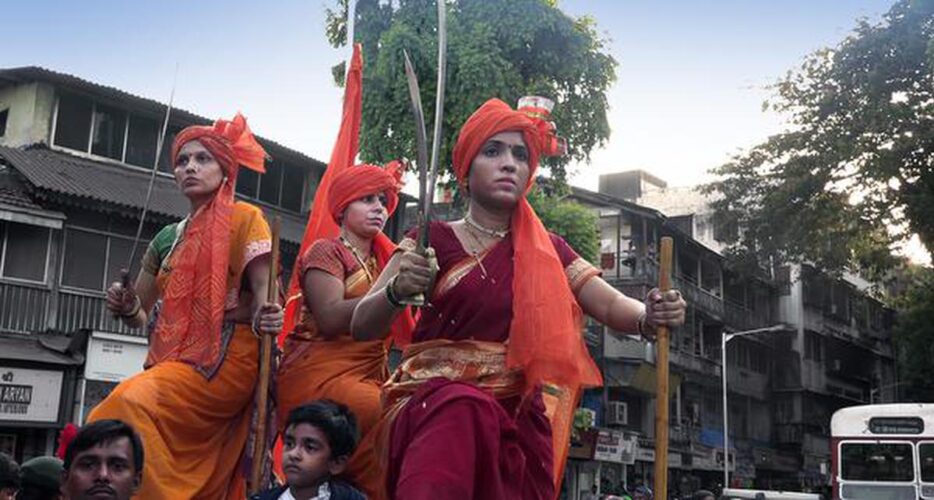
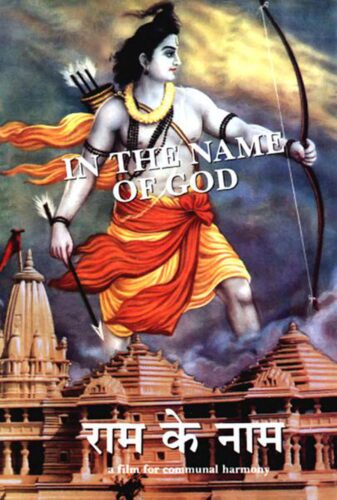
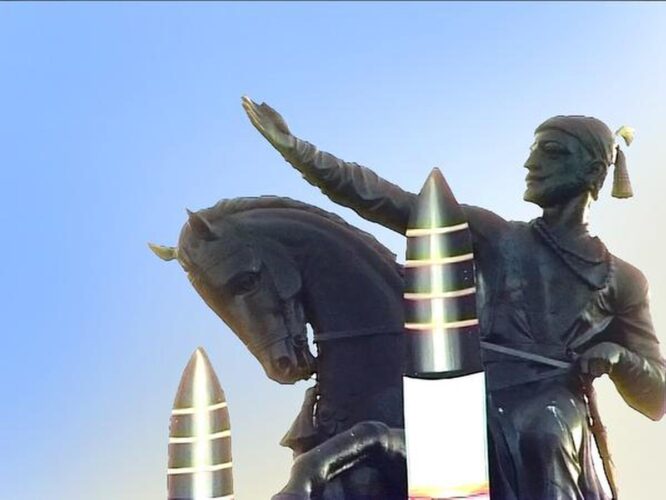
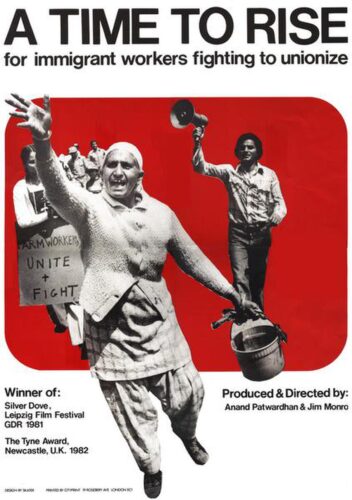
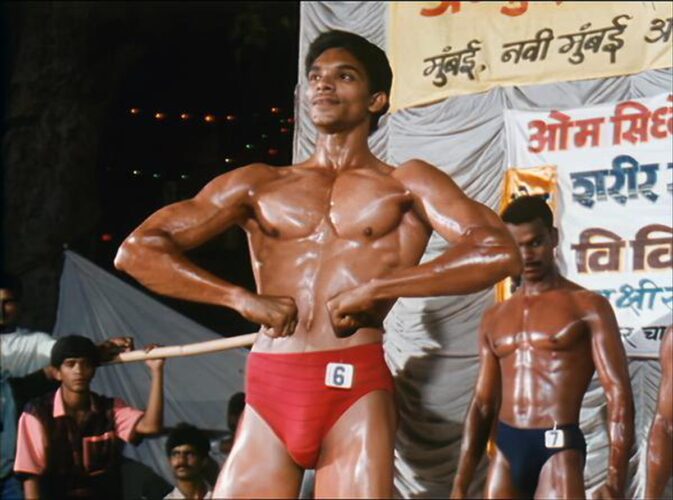
AT a time when film-makers seem to be suffering from selective amnesia, Anand Patwardhan is an exception. For a little under four decades, his films have held a mirror up to Indian society and polity, pointing out all the fissures therein. Unsurprisingly, he has never been a fan boy of ruling dispensations, right from the 1980s. Inevitably, successive governments, particularly those aligned to the Hindutva ideology, have not welcomed his creative genius. But you cannot put a good man down for long. So against the run of play, the Hot Docs Festival is honouring Patwardhan with the Outstanding Achievement Award at a time when right-wing politicians have been busy promoting Vivek Agnihotri’s The Kashmir Files , which stands accused of distorting history.
Held every year in Toronto, Canada, the Hot Docs Festival is the largest international documentary festival in North America and is a qualifying event for documentaries for the Oscars. To be held from April 28 to May 8 this year, the festival will screen Patwardhan’s latest film, Reason/Vivek , and his other documentaries, War and Peace ; Father, Son and Holy War ; and A Time to Rise . Patwardhan has been a searing critic of the rise of majoritarianism in India, and some 30 years ago, he filmedRam Ke Naam , a film that recalled the rath yatra started by Bharatiya Janata Party (BJP) leader L.K. Advani and showed how the juggernaut created fissures in Indian society. Of course, he has focussed his lens far and wide and come up with Bombay: Our City , a film on slum dwellers, as also Jai Bhim Comrade , a take on the police firing on Dalits in Mumbai. Today, he feels all the pillars of democracy are under attack, and silence is no longer an option for a film-maker. As he once said: “Speaking out may put us at risk, not speaking out will kill the soul.” So, Patwardhan listened to soul and filmedReason , which was almost five years in the making. Reason is a longish venture with eight chapters that systematically expose the rise of Hindutva and its gory collateral damage. On the one hand, the film covers the murders of rationalists such as Narendra Dabholkar and Govind Pansare and the connection of these crimes to the militant-Hindu outfit Sanatan Sanstha, and on the other, it recalls the lynching of Muslim and Dalit men in the name of cow protection. The government found it too hard-hitting to accept, and the film was confined to a single screening possible due to judicial intervention. “The undemocratic, majoritarian forces whose past and present journey the film describes are not just in power today but in absolute control of all institutions. There are no checks and balances left in our system, only a few chinks in the armour that can be temporarily breached before these too are sealed,” Patwardhan noted.
Also read: December 6, 1992
Now busy working on his next venture, Patwardhan takes a few questions from Frontline , revealing that in the past eight years or so, not only was Reason/Vivek prevented from being officially screened but right-wing goons attacked even his earlier films that have valid censor board certificates for public exhibition, making it almost impossible to screen them. That is the price for truth and fearlessness. The award at the Hot Docs Festival will hopefully assuage some of the scars left by the constant run-ins with majoritarian politics. As he frankly admitted to Frontline earlier: “I have made films for over four decades. For most of those years, the Congress or, occasionally, other parties were in power. Never were my films welcomed. In all, I won six cases in the High Court and two in the Supreme Court to get my films past the censor board and to get them finally telecast on Doordarshan. Having said this, the worst enemy of freedom of expression is the BJP. Whenever they are in power, the battle becomes harder.” The award will be that much sweeter.
Excerpts from the interview.
How do you feel about getting the Outstanding Achievement Award? Is it a vindication of all that you have stood for?
It is a welcome affirmation after we have all suffered eight years of growing majoritarian rule in a country with all the pillars of democracy under constant attack. In this period not only was my latest film, Vivek/Reason , prevented from being officially screened, even screenings of my older films likeRam Ke Naam that had obtained censor certificates were physically attacked by right-wing goons. So in a way this award is a timely reproach even though our system is [becoming] increasingly shameless.
You have never had it easy with various governments from the mid 1980s. How different is the threat to the freedom of expression today?
There is some continuity in that no government supported or encouraged my films or enabled their wider dissemination, and every film went through a mini battle to be brought to the public. Yet a distinction has to be made between non–RSS [Rashtriya Swayamsewak Sangh)/BJP governments of the past and even with the earlier avatar of the RSS/BJP under Atal Bihari Vajpayee, which was still under-confident compared to the present rapacious regime. Making and screening films that criticised the state or … majoritarian and communal politics was never easy, but it was possible to embarrass the system and to find cracks in the wall. Today, some people have paid with their lives for speaking out, and others have had to be content with reaching just a tiny fraction of the Indian population. I belong to the latter category.
We have witnessed enthusiastic support from various State governments for “The Kashmir Files”. Is Hindi cinema in danger of becoming a political weapon of the ruling dispensation?
Absolutely, the danger is present and clear. The move to centralise separately created constitutional film bodies like the Films Division, the National Film Archives, the Directorate of Film Festivals and the Children’s Film Society and merge them all under a semi-privatised National Film Development Corporation is a pointer. That NFDC is controlled by an Information and Broadcasting Minister who infamously incited mobs against peaceful protesters in Delhi by chanting “ Desh ke gaddaro, goli maaro … ko ” [Kill the traitors] is chilling in itself. That is with regards to government-run institutions. When it comes to Bollywood, we see for the first time in our history a Prime Minister becoming a cinema tout to boost the box office sales of a fiction film that incites hatred. The circle is complete.
Also read: ‘A clear case of selective portrayal’
In contrast to “The Kashmir Files”, what was your experience with “Reason”? Can you please elaborate on the challenges you had to face to ensure that the masses could see it?
Reason/Vivek was officially shown just once in a festival in Kerala after the Central government ban on it was temporarily removed by the High Court for one screening. Since then, its only life has been through private screenings and via the Internet.
Incidentally, even that screening was possible because Reason was selected to be screened at the International Documentary and Short Film Festival of Kerala [IDSFFK]. At the very last minute, the Central government intervened to stop the screening. Luckily, the IDSFFK did not take things lying down. It took the lead, and the film-makers rushed to the Kerala High Court. As always, the Central government argued that Reason would create “law and order” problems. The court ruled that in that case it was the government’s responsibility not to ban the film but to provide it protection.
You made “Ram Ke Naam” some three decades ago when the Congress was in power. Did you foresee the rise of fascism with the Ramjanambhoomi movement?
You do see the portents, but frankly in 1990 when I was shooting, the secular fabric even in and around Ayodhya and its twin city, Faizabad, was still strong. Had the Central government of the day desired, communal forces could have been controlled. But they did not have the guts. The only one who did was Lalu [Prasad] Yadav, who halted Advani’s rath yatra and put him in jail. Most people in those days did not see the danger. In fact, many told me that Ram Ke Naam should not be shown as it would stir trouble at a time when the first assault on the Babri Masjid had been unsuccessful. I was told not to make it such a big deal and that communal politics would die out. How wrong were they!
A few men such as Narendra Modi and Swapan Dasgupta played a minor role in Advani’s rath yatra. There are pictures showing them standing on the footboard of the chariot. How have they evolved since? Did you see it coming?
I never took notice of Narendra Modi till the pogrom he oversaw and encouraged in 2002 [in Gujarat]. Even after that I was still convinced that the people of India would never tolerate a communal monster like him at the Centre. I was wrong.
Also read: Voice of reason
As a film-maker wedded to emerging reality, do you think the threat of fascism is real? Or are some people using selective violence for political advancement?
Unfortunately, the threat is very real. Right through the 1990s, though we saw the rise of the RSS/BJP, we would argue that it was mainly an urban phenomenon confined to the middle class in the cow belt. Today, it has spread across class, caste and geography aided by huge financial power and info technology that enables the fast spread of fake news and hate speech. Genocide of Hitlerean proportions has not yet happened, but Haridwar and many similar events are gearing up for something awful.
Do you feel let down by the film fraternity at such a crucial time for India? I mean the top film-makers are quiet and some top stars have taken to social media like fan boys of the government.
I stopped having expectations barring from a very few, and those few continue to speak out even at personal risk.
Finally, what is the next film one can expect from you?
It will be a home movie. I won’t say more for now.
(This story was published in the print edition of Frontline magazine dated May 06, 2022.)